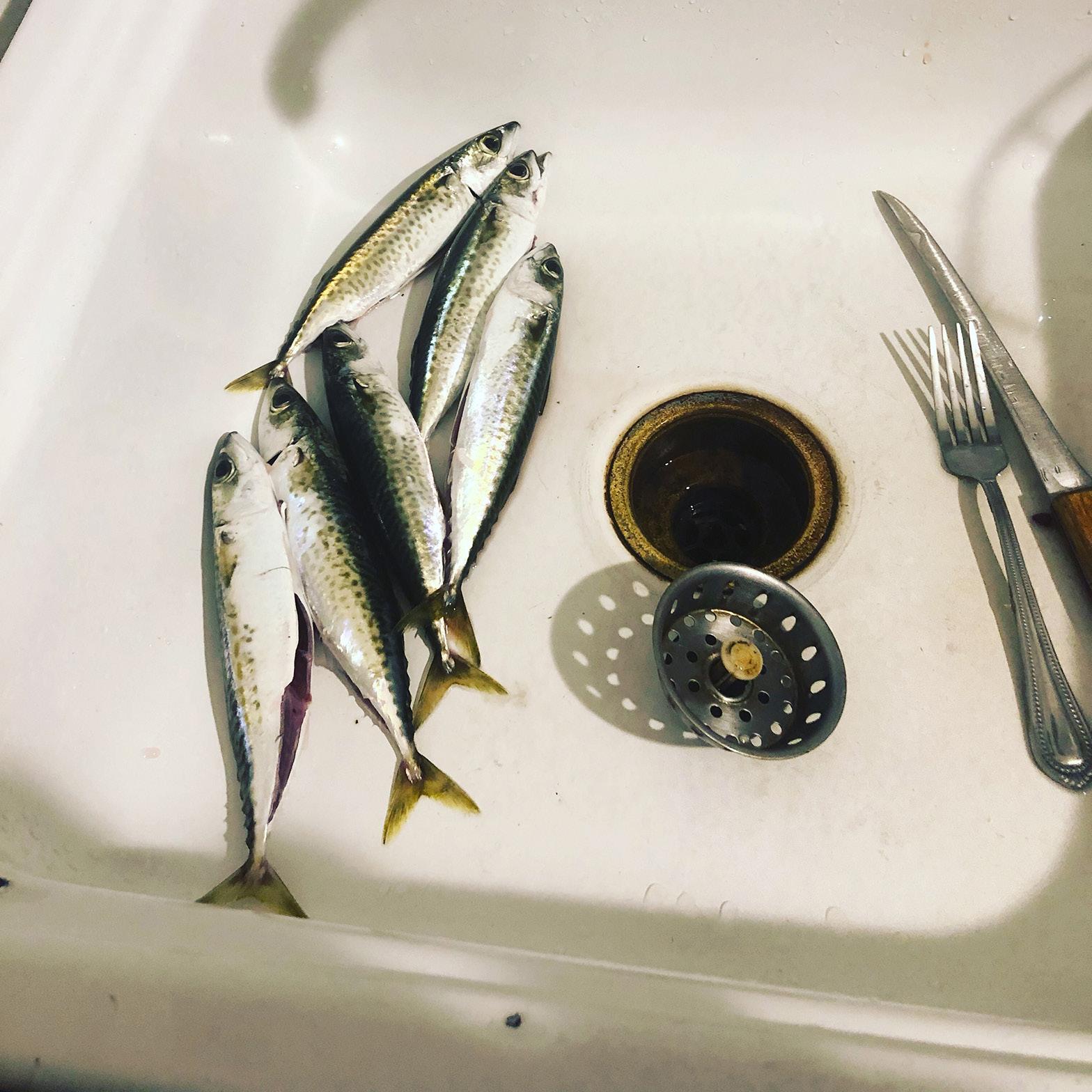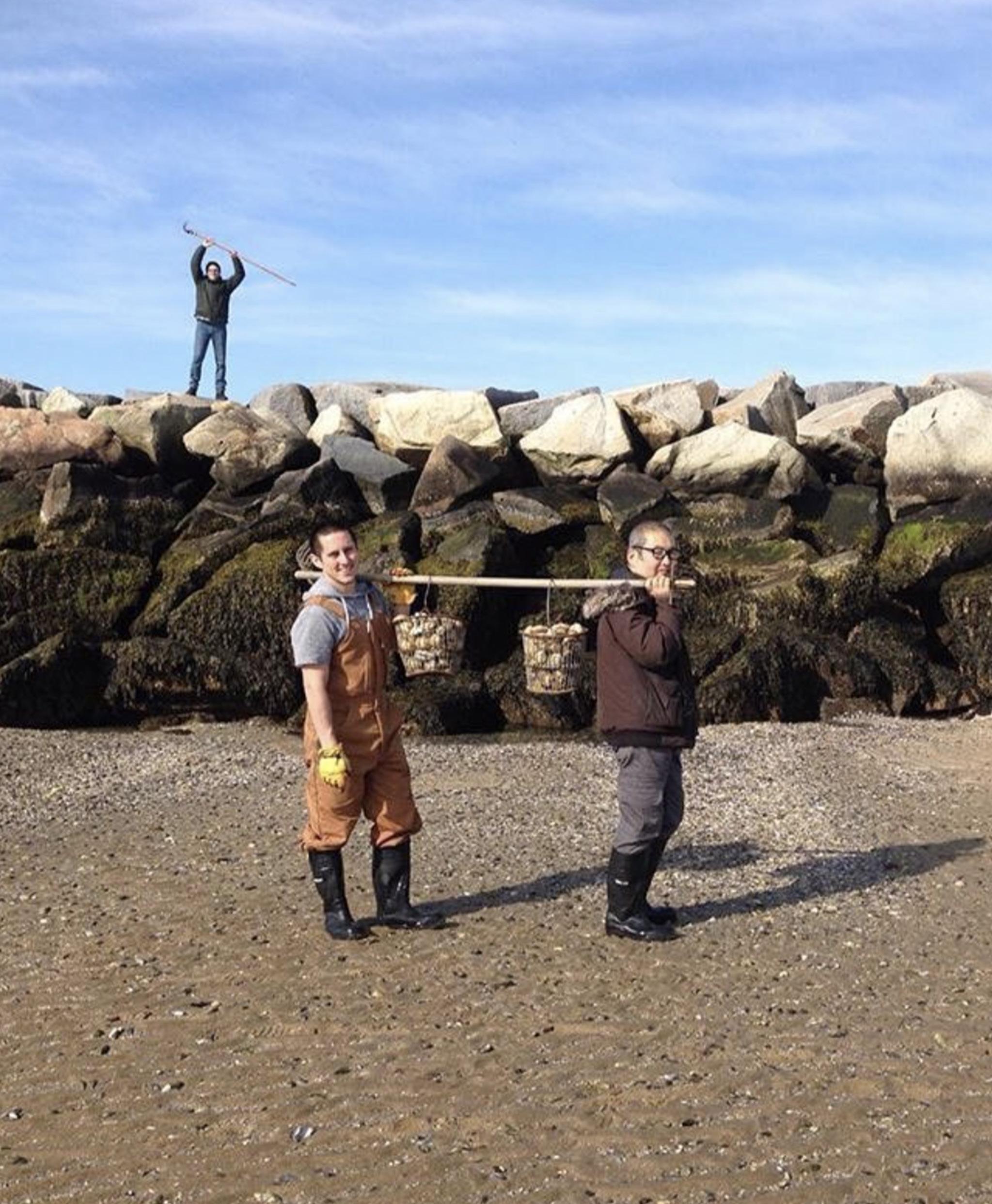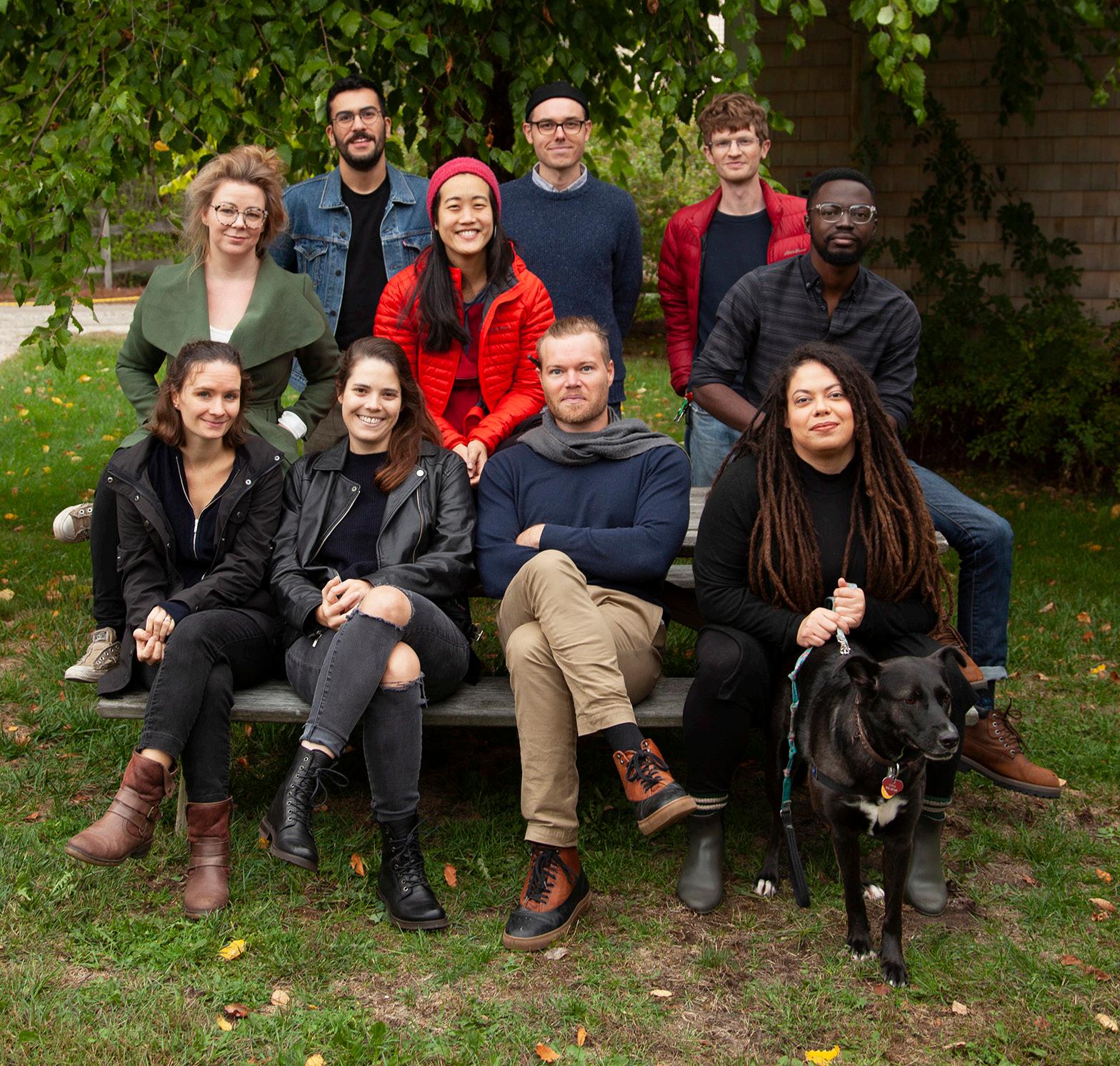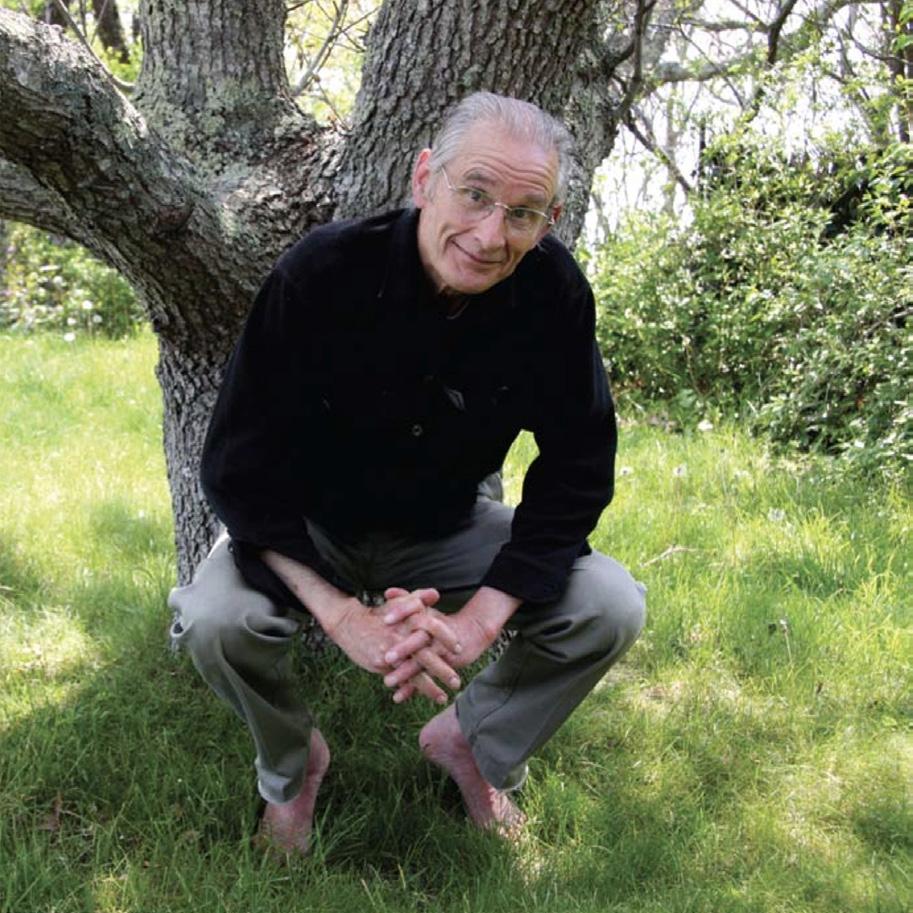
3 minute read
GBOLAHAN ADEOLA
GBOLAHAN ADEOLA BONES
It seemed simple enough. Saleh handed out latex gloves and Felix filled a large glass jar to the eight-liter mark. Doris and Nneka measured out the sodium hydroxide. Saleh lifted the disemboweled rabbit by its forelimbs and lowered it gingerly into the solution. In the next 24 hours, the creature’s flesh would relinquish the bones—or was it the other way around? —and we would flense it off. We were to hand in the skeleton mounted. Intact.
Advertisement
For a while after Saleh lidded the jar, we stood around it and stared, silent and motionless. Then Nneka, who was catholic, clutched her rosary and intoned, We loved him, but our Heavenly Father loved him more. To which Doris responded by lifting her hands to her chest in an exaggerated show of bereavement. Felix—also catholic but clearly much less given to blasphemy—looked agonized.
When we left the lab, it was evening. The day’s last lights had begun to fade. January, and it hadn’t rained for several months, shouldn’t rain for two more, although it seemed difficult to believe, seeing the compound, the grass, flaking despairingly into dust, that it would rain again in March. The younger boys made the best of the weather: they’d built makeshift football fields on the windswept lawns, with large rocks or stumps as goalposts.
I lingered in front of the science building, watching the wind rustle the locust bean trees—there were so many of them here—their ripened pods like gnarled black fingers, grasping through the dense green leaves at air. They snapped on the branches sometimes, the pods, brittled when the wind was especially cold and stiff, so that the two halves curled away from each other. But mostly they kept. Until they fell to the ground of their own volition. When I first arrived two weeks earlier, Peter, the SS3 boy with whom I shared a bunk, had gathered a bagful of the pods and offered me the yellow chalky pulp inside, between which the black seeds were lodged. You licked it until you got to the seeds, he told me. But when I tried one, it tasted as it looked—chalklike, with a vaguely-sweet-vaguely-cloying aftertaste—and I spat it out before I reached the core. Peter laughed and said maybe it was an acquired taste. A while ago I had never been this far north, did not know that locust beans grew on trees. A while ago, school was a place from which I returned every day; home, a discrete thing.
You don’t hab to do anything, Saleh said. His hand on my shoulder startled me. The others had dispersed. Ip you can’t handle it, just tell me. We are haffy to do all the work.
I did not say how much I had begun to resent this solicitude. Offerings of comfort and solace. Accommodations that presumed to understand the contours of anguish. Really, all of it insulted whatever grief I felt. I said okay, and Saleh patted me twice on the shoulder and leapt off the verandah.
When my mother called that evening, she sounded especially distracted, perfunctory. Your father cannot come to the phone, she said, but did not say why. I hope you’re adjusting, she said, and then she began to speak of ‘small victories’: with their petitions and letter-writing campaigns, they’d finally succeeded in convincing the National Union of Road Transport Workers to make it mandatory for every long-distance public bus to keep a manifest of passengers. You’d think it would be obvious, she said. You’d think they wouldn’t have to be convinced. We should be able to prove that your brother was not on that bus. And the police, of course they would cling to any excuse to stop searching for him.
Yes, I said. And I thought about things too easily traded for hope. Reason being the most prominent of them.
That night, I dreamt about him again, ablaze and thrashing. In the dream, I am watching from a pavilion on the shoulder as the bus somersaults and catches fire. In the dream I do nothing. I close my eyes instead, thinking that if I did not look at the exact moment when he finally succumbed to the flames, my brother, my twin, a charred and lifeless thing, I could pretend that this were not a body expiring but inchoate, flailing fervidly into being.
I kept my eyes closed even after I woke up.






